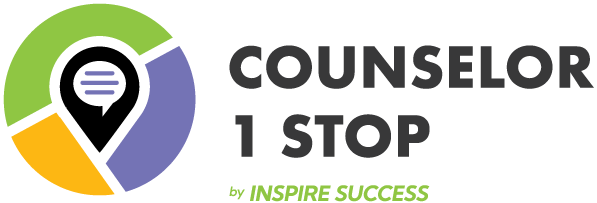Rehabilitation Programs
While rehabilitation programs are typically thought of in relation to substance abuse, there are other types of rehab programs as well. Sometimes courts order rehabilitation for some types of offenders, including those who may need assistance in reintegrating into society.
BRIEF SUMMARY
While rehabilitation programs are typically thought of in relation to substance abuse, there are other types of rehab programs as well. Sometimes courts order rehabilitation for some types of offenders, including those who may need assistance in reintegrating into society. These sorts of rehab programs often are built upon similar philosophical perspectives and can be organized in a similar fashion as substance abuse programs.
KEY POINTS
- Residential rehab programs are those in which the patient is housed during treatment. These are voluntary but participation is also often court-mandated. Patients are supposed to remain in the facility full-time.
- Halfway houses or sober living houses are aftercare options for patients after they have completed a more traditional rehab program. While patients are residents, they are allowed a good amount of freedom in a sober living home.
- Outpatient treatment is a type of rehab program in which the patient lives in their own home and attends to the daily routines of life, such as work, school and family obligations, while going to the rehab facility at regular intervals for treatment.
- Community-based programs are those that are set within the community, rather than at a more formal facility. Alcoholics Anonymous (AA) is one example of this type of rehab program.
RESOURCES
- Indiana Hope Academy: Hope Academy Recovery High School is located in the Castleton area of Indianapolis (I-69 and 82nd), and serves students who are struggling with drug and alcohol addiction, or for whom drugs have negatively impacted their lives. There are always openings and there is no tuition; expelled students are accepted. They have licensed/highly qualified teachers in all core subjects plus Art and Music, and students participate in a daily recovery curriculum. For more info, contact Katherine Barsten (kbarsten@fairbankscd.org), or Rossi Preissler, administrative assistant, to schedule a student interview: 317.572.9440.
SHARED WISDOM
- Success in rehabilitation depends on a variety of factors. It may take multiple rehabilitation attempts before long-term success is achieved. Sometimes a person just isn’t quite ready to succeed, as is frequently the case when participation in a rehabilitation program comes from outside, such as a court order or pressure from family and friends. Sometimes success is a matter of finding the right balance of treatment approaches, which can be a very individual thing
CONTENT FEEDBACK
If you have suggestions, feedback, or resources, please email counselor1stop@inspiresuccess.org and let us know.
